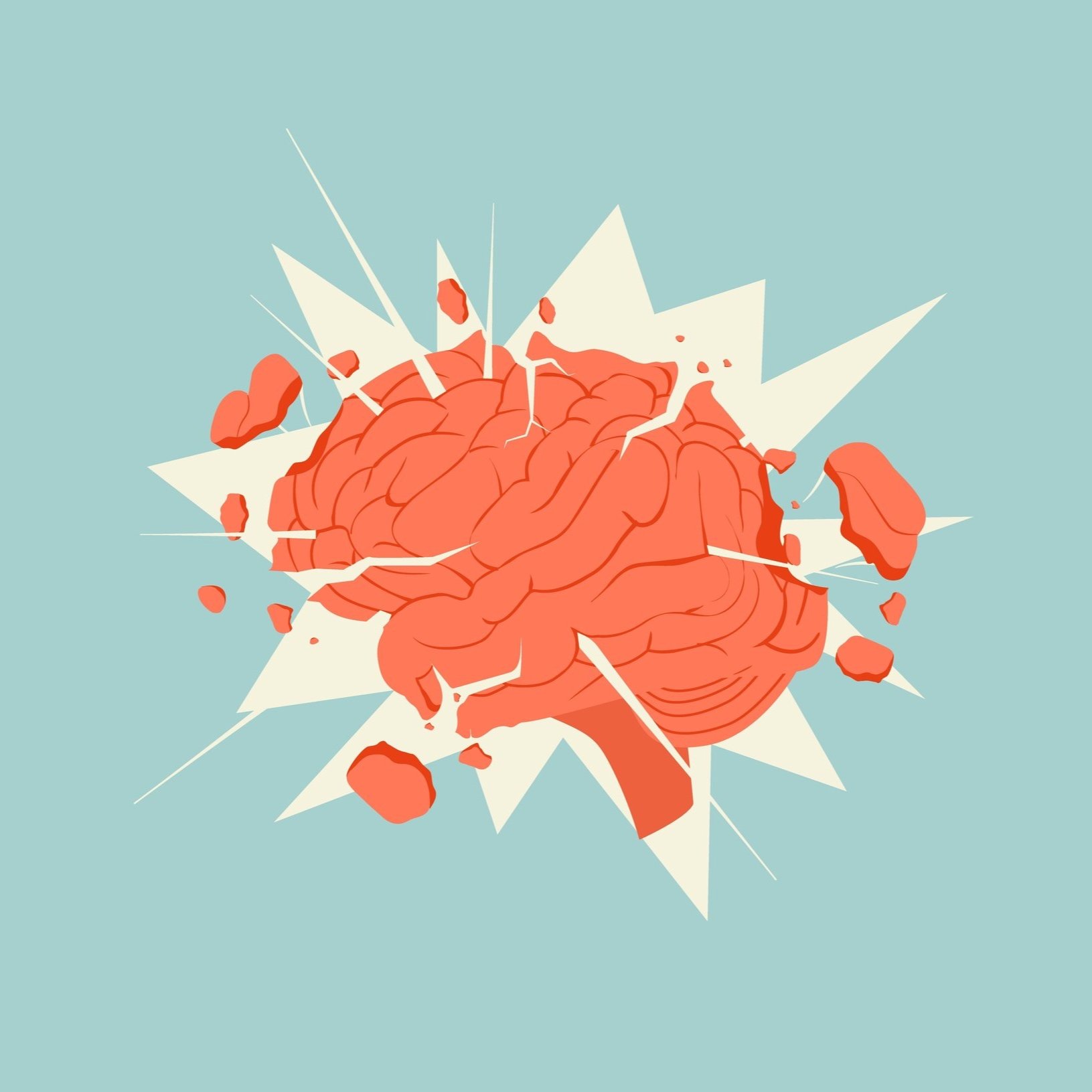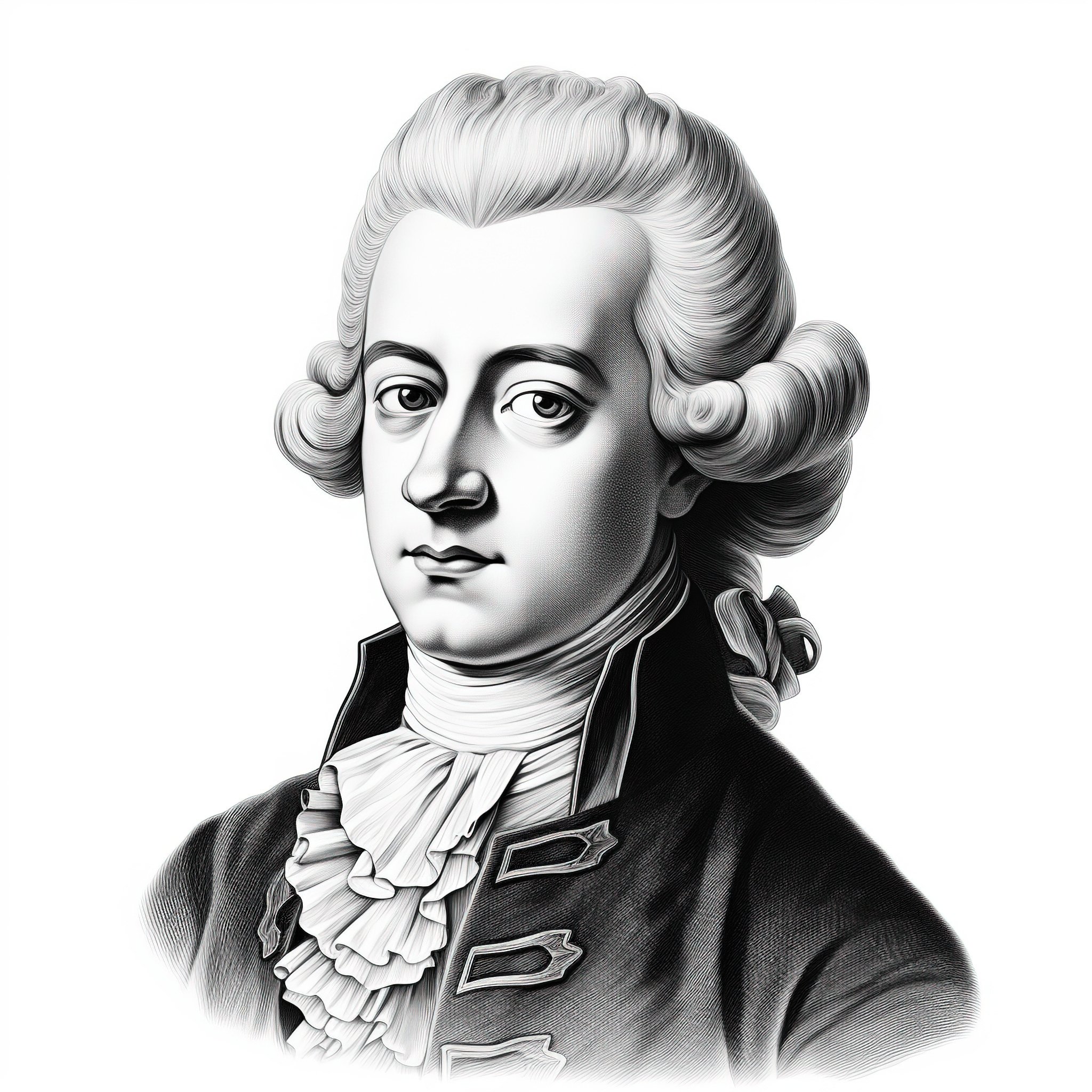Teacher Unleashed
Compose & Comprehend
How do we teach literacy? Should we break literacy into its components of reading, writing, and speaking? It's pretty much old school, right there. Reading plays a huge part in becoming literate. Reading used to be a class set of books. But we access reading material in many more ways now. Writing is more than adding marks to paper with a pen. Speaking brings with it a range of situations and circumstances.
Beliefs
We humans have belief systems that drive our behaviour. They are hard-wired, and changing them isn’t easy. Teachers hold beliefs about how children learn.
If you’re new and starting out, here’s an example:
Children learn by … (insert your word/s of choice)
Actually, try that out if you’re a seasoned pro.
A Dinosaur
Wow! You made it. Almost through, or completely through, another year. Again, that’s dependent on your particular system. Australian schools head off for the summer holidays. The new year sees students promoted one year level. More learning, more challenges, and new students for you. But that’s for next year. For now, be happy with your achievements this year. One of the best feelings as a teacher is seeing the growth in students.
Three-Digit Number
The word ‘assessment’ has a lot of baggage. It elicits many emotions in the assessors and evokes more in the ones being assessed. Students (if you’re a teacher, you were once a student) generally dislike assessments.
Measuring Learning
We teachers have always sought ways to measure student learning. Ask one hundred teachers for their optimal assessment method, and you’ll get one hundred different answers.
They will agree on making the assessment reflect the teaching and learning. Authentic is the deal here. Real-world engagement with learning needs an assessment that is in equal measure real-world.
Snapshots of Learning
We’re into Term 4 (if you’re in Australia), and end-of-year assessments are underway. Perhaps you have gathered your data. Maybe you’re searching for that one piece of information. You know that student has mastered the concept, but where is the evidence? Did it disappear without warning following the time your laptop crashed?
Assessment
I hope you enjoyed your spring break. If you’re in the Northern Hemisphere, school has begun again after Summer Vacation.
Did you recharge and re-focus? We Aussies are in our final term for the year. The countdown to Christmas. This term is full of end-of-year assessments, report writing, parent/student interviews, farewell celebrations for graduating students, and deciding on classes for next year.
Teaching Exchange
As a teacher, do you enjoy school holidays? If you teach in Australia, you have just begun or are almost halfway through our latest. From here, we head into summer. Our last term is hot, especially the final weeks ahead of Christmas.
Music Regime
Nothing beats classical music as a backdrop for quiet classroom study—a session of sustained silent reading springs to mind here. Steer clear of the 1812 Overture, complete with cannons (the ones that shoot, not Pachelbel’s canon) for a session like this.
A Classical Subject
Music might cause you all sorts of jitters when you think about unleashing it in your classroom. We get emotional about it because it is an art form. You may have students who don’t get emotional about it. They save their emotions for the math lesson. Or the writing task.
Student Knowledge
I am a musician. It has been a lifelong journey that began in my childhood. It wasn’t without dramas, though. I lost count of the number of times I wanted to give up. Unbending parents always sent me back to it. Good for them. They weren’t musical, but they saw something in it.
Hold A Tune
Writing programs for learning is a difficult task. There are many spinning plates. Take your eyes off one, and you risk it falling off. Of course, the task is even more challenging if you’re writing programs for an unfamiliar subject.
That’s A Rap
Let’s continue the theme of music engaging learners. This is especially true in light of recent developments in children’s education. Several education departments in Australia have begun building brain training into their teacher courses. There is a recommendation to provide this instruction in pre-service teacher training.
Classical Training
Music eases cognitive load. Without going into the complexities of alpha, beta, theta and delta brain waves, be assured that using music in the classroom is a good idea.
Multi-Tasking
Multi-tasking is not a thing. Let me say that again differently–we can’t multi-task. Our brains are wired to perform one task at a time. It is superb at switching between tasks in less time than it takes an eye to blink.
Working Memory
Cognitive load impacts the retention of new material. We saw in the last two posts that everyone has a load limit. In most people, it’s somewhere between 5 and 10 items in our working memory.
Encoding Memories
We can’t remember the moment just before falling asleep. The memory isn’t stored because we’re sleeping. A new memory takes around 60-90 seconds to reach long-term storage.




















